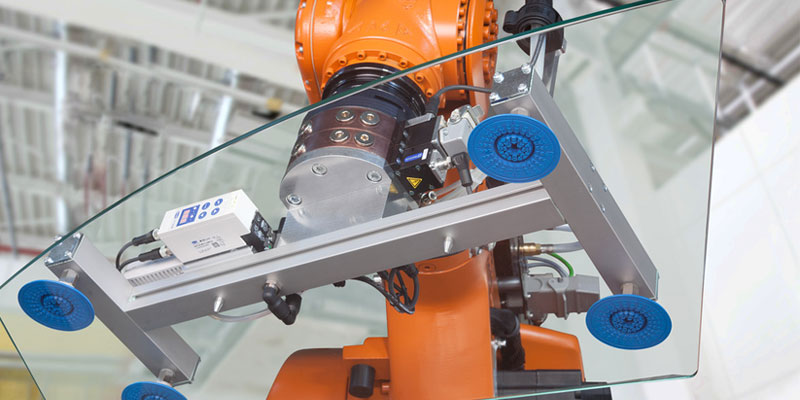Schedule a Call Back
Can Indian manufacturing industry achieve $1 tn goal?
 Technical Articles
Technical Articles- Jan 01,19

Acquiring Competitive Edge
Related Stories

Indian manufacturing sector has a very promising outlook: Amitabh Kant
In this interview with Rakesh Rao, Amitabh Kant, India's G20 Sherpa and former CEO of NITI Aayog, explores the country’s transformative journey in the last few years and potential of the Indian ma..
Read more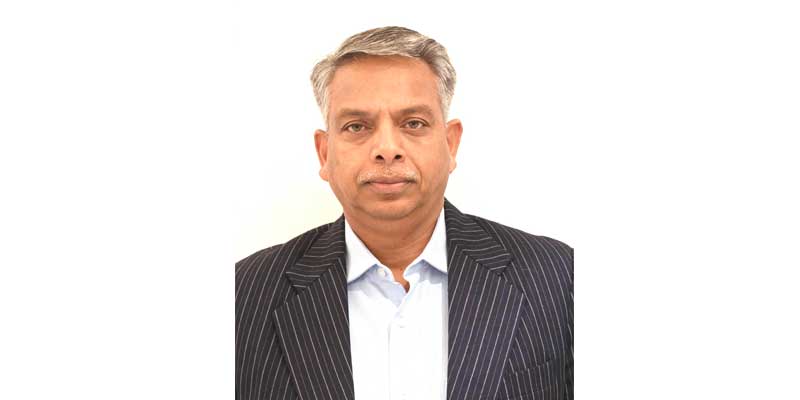
Havells is now making in India for the world: Sandeep Agarwal
In this interview with Manish Pant, Sandeep Agarwal, VP - Industrial Products, Havells India, highlights emerging trends in the energy sector and the company’s growth plans.
Read more
Kärcher is targeting double-digit growth across segments in India
In an interview with Manish Pant, Hartmut Jenner, CEO & Chairman, Alfred Kärcher SE & Co, and Jatinder Kaul, MD, Kärcher India, see India playing a pivotal role in driving the €3.29 billion grou..
Read moreRelated Products
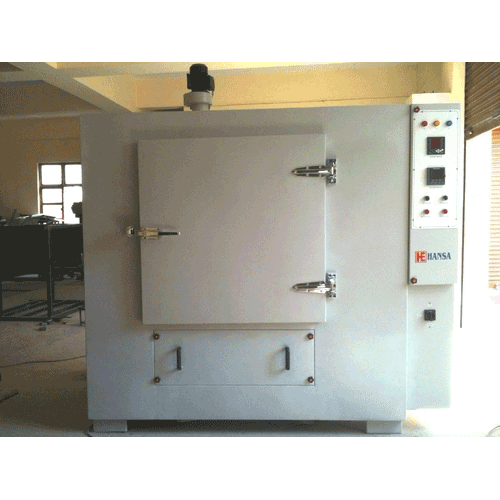
Heavy Industrial Ovens
Hansa Enterprises offers a wide range of heavy industrial ovens.
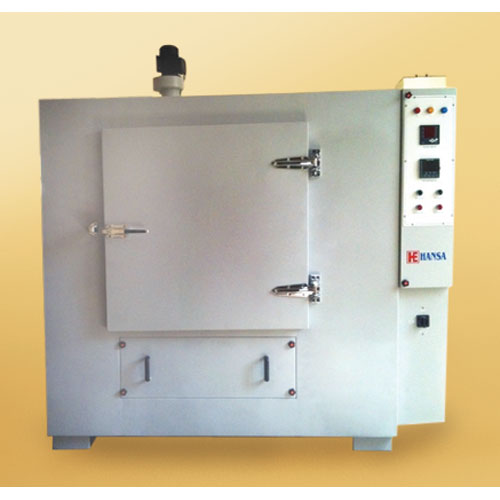
High Quality Industrial Ovens
Hansa Enterprises offers a wide range of high quality industrial ovens. Read more
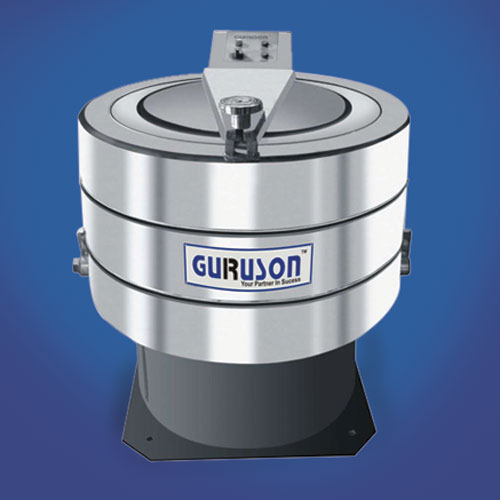
Hydro Extractor
Guruson International offers a wide range of cone hydro extractor. Read more





